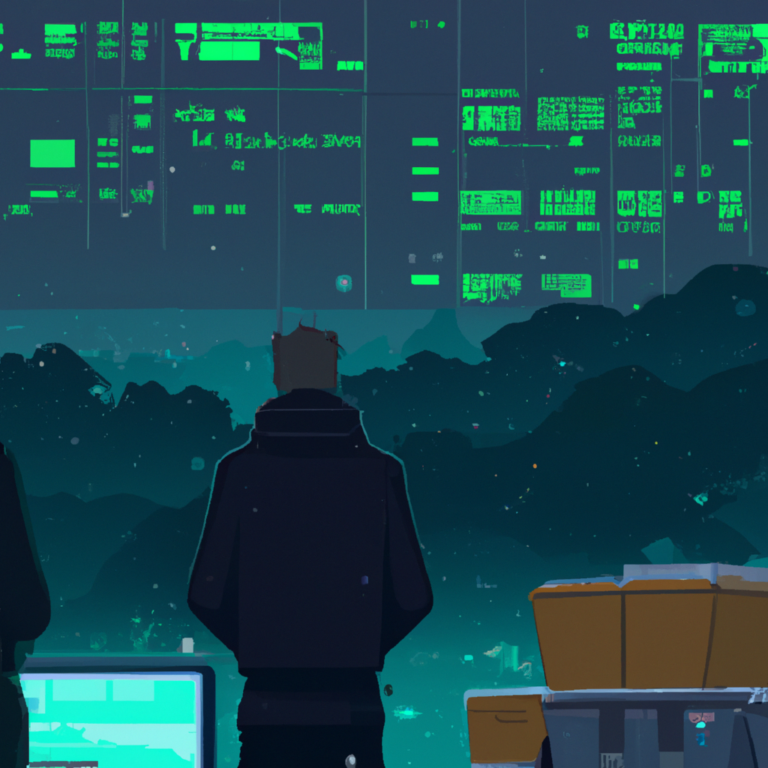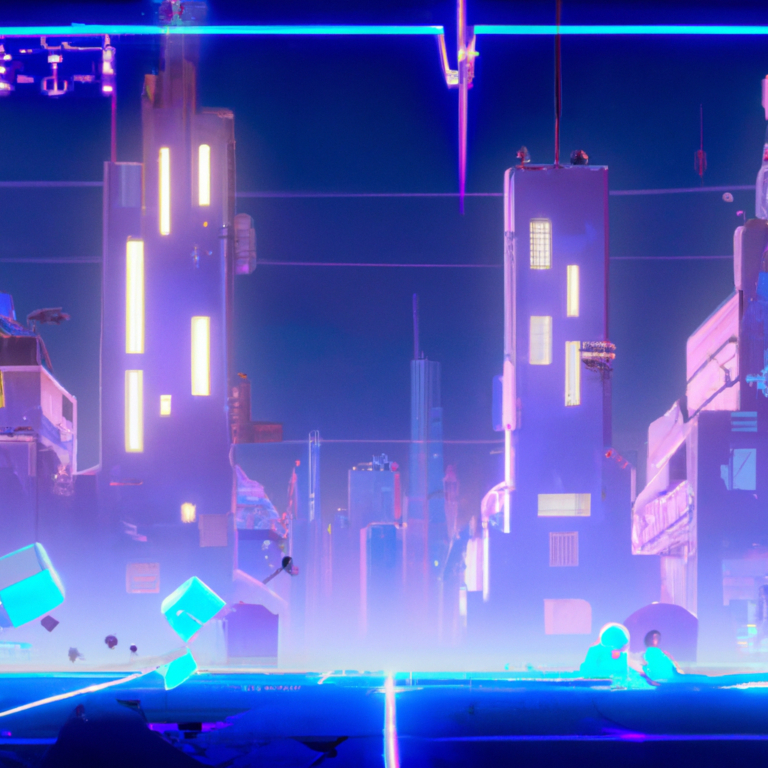“Striking the Perfect Harmony: Balancing Creativity and Technical Skill in Game Development”
In the ever-evolving world of game development, striking the perfect balance between creativity and technical skill is essential for creating a successful and engaging game. While creativity fuels the imagination and drives innovation, technical skills ensure that a game functions smoothly and efficiently. This delicate balance can be a challenge for both aspiring and experienced game developers. In this blog post, we will discuss some tips and strategies to help you find harmony between creativity and technical skill in your game development journey.
1. Define your objectives and scope
Start by clearly defining your objectives for the game you want to develop. Determine what kind of experience you want to create for your players and what type of game mechanics you want to include. Once you have a clear vision in mind, outline the scope of your project. Establish the necessary technical requirements and determine the level of creative freedom you want to exercise within your project’s constraints. By setting clear goals and boundaries, you can ensure that your creative ideas align with your technical capabilities.
2. Collaborate and communicate
Game development is often a collaborative effort, and working with a diverse team of designers, programmers, and artists can help balance creativity and technical skill. Each team member brings their unique strengths, and effective communication is key to ensuring that everyone is on the same page. Encourage open dialogue and create an environment where everyone feels comfortable sharing ideas and expressing concerns. This mutual understanding will allow for better collaboration, ultimately resulting in a more engaging and well-rounded game.
3. Embrace iteration
Game development is an iterative process, and it is essential to embrace this approach when attempting to balance creativity and technical skill. As you develop your game, expect to make changes and adjustments along the way. Be flexible and willing to revise your initial ideas to better fit your technical limitations. Moreover, don’t be afraid to experiment with new techniques or technologies that may help you achieve your creative vision.
4. Prioritize gameplay and user experience
When balancing creativity and technical skill, it is crucial to prioritize gameplay and user experience. While an imaginative concept and stunning visuals can make a game stand out, it is ultimately the gameplay and user experience that will keep players engaged. Focus on creating well-designed game mechanics and intuitive controls while also ensuring that your game runs smoothly and without bugs.
5. Seek feedback and learn from others
One of the best ways to strike a balance between creativity and technical skill is to seek feedback from others, such as fellow developers, playtesters, or even friends and family. This input can help you identify areas where your game excels and where it may be lacking. Additionally, be open to learning from the successes and failures of others. Analyze popular games within your genre and identify the elements that contribute to their success. This can provide valuable insights into how you can optimize your own game development process.
6. Never stop learning
Finally, to achieve the perfect balance between creativity and technical skill, it is essential to continuously seek opportunities for growth and development. Stay up-to-date on the latest game development tools and technologies, and be willing to adapt and learn new skills as needed. Embrace the ever-changing nature of the industry and strive to become a well-rounded developer who can excel in both the creative and technical aspects of game development.
In conclusion, balancing creativity and technical skill in game development is an ongoing process that requires clear objectives, effective communication, and a willingness to adapt and iterate. By embracing these principles and continuously learning and growing, you can create engaging and memorable games that resonate with players and stand the test of time.






